Being Text of A Keynote Address by Macpherson C.O. Okpara at the Workshop on Information Technologies Revolution in Oshiri Initiated by IT4YUs , at Oshiri Dev Centre on 6th January, 2018
Introduction
In her determined search for viable means of sustaining the life of humans on earth, the world has passed through THREE major revolutions in history; namely, the Agricultural Revolution, the Industrial Revolution, and the current Information and Communications Technologies (ICTs) revolution. Unfortunately, while the larger world continues to decisively harness IT resources towards solving diverse problems, our cherished community is still largely stranded in the past, premising her development on agricultural activities and negligible industrial concerns. It is therefore glaring that actualizing our dream of a socially, politically, economically, intellectually and scientifically formidable Oshiri may take long if we do not key into the current wave of IT revolution sweeping across the world. It is against this backcloth that the organizers of this workshop deserve commendation and encouragement. I am particularly intrigued by the workshop theme: “From Hopelessness to Hope and Assurance.”
Oshiri: Moving from First to Last
Following Adiele Afigbo’s (2000) submission that Igboness presupposes things that distinguish the Igbo from other ethnic nationalities, may I observe that this workshop is about Oshiriness; it concerns issues that make us different from our neighbouring communities and the wider world. Its significance, thus, derives from its vision of encouraging our people to strive to attain a higher developmental status. It is sad that Oshiri has moved from her initial first position in our immediate local council (from Ohaozara to Onicha) to the last in almost every measure of development. For instances: Oshiri is the oldest community in old Ohaozara. Why d we have an insignificant voice in the area? The Church of Scotland Mission School, now Oshiri Central School was built in 1936, the first in the present Onicha L.G.A. Why did we embrace higher education very late? The Church of Scotland Mission School, Okposi was built in 1948; check out Okposi’s status, educationally and economically. You may wonder why Oshiri got a secondary school very late, in 1991 (behind Ugwulangwu (1974), Onicha (1977), Isu (1978, etc)). Oshiri Dispensary, now health centre, was built in 1954 (same year as Okposi Dispensary, after the building of the Presbyterian Joint Hospital in Uburu in 1952), a long 35 years before Onicha General Hospital was built in 1989! Chief Nama Njoku was the first person in Oshiri to build a corrugated zinc house in 1962; superstition prevented our people from building a storey house until about the 1990s (Ist storey building in Uburu 1953, Okposi 1959, Isu 1962, Onicha 1962). In 1973, we recorded the first Oshirian (Dr Chita Alo) to travel overseas. And so on (See Anikpo 2006: 39-39; 47). Why are we behind? WHY? I have mentioned superstition; Afoke (1977:124) has observed that Oshiri has been “politically less coherent than” her neighbours, a pointer to our disunity. Other factors include educational backwardness, ignorance, and hopelessness.
Revolutions in Oshiri: Searching for Hope and Assurance
In search of economic survival and physical development, Oshiri has witnessed some revolutions. Looked on as far-reaching changes in living conditions of societies, manner of a people’s activities, their belief systems, knowledge base, and so on, revolutions define a people’s attempts to sustain their livelihood. In Oshiri these have revolved around mat-making, iko ji, mba nkwu, mba okoro, dry cleaning, igba bohi, and oru bekee (oru bekee mostly in the junior cadre for largely unskilled Standard 2, FSLC, WASC, TC 11, ACE holders until the 1970s, 1980s and 1990s when virtually all of the first, second and third sets of Oshiri graduates began to occupy higher positions in the civil and public service).
Sadly, apart from oru bekee engaged in by an insignificant few, the other activities projected a negative image of our people, engendering in us hitherto seemingly irredeemable inferiority complex, leaving our community pitifully pauperized and voiceless for decades. Is it a curse for people from the “gallant and indomitable Oshiri (Afoke 1977:121) to undergo telling suffering in their search for strong economic and developmental bearing? No! Those debilitating conditions were largely a function of ignorance of breakthroughs in science and technology, notably Information and Communications Technologies that now drive the economy and accelerate development. You must have noticed that rays of hope began to smile on our people upon their massive embrace of izu aphwia, igu eekwo and, later, politics. We cannot deny that this later development in the community has educational resonance to the shift. Interestingly, igu eekwo has taken our people beyond mba nkwu, mba okoro, dry cleaning, etc. Our people now live and work in different parts of Nigeria, Africa and other parts of the world! Unlike before, we now have high numbers of medical doctors, lawyers, engineers, academics, accountants, flourishing businessmen, etc! A look around the community would convince you that there are remarkably positive physical and social changes today, to the credit of our people’s search for hope and assurance through education. If we massively embrace ICTs, we are certain to experience greater wealth, greater development, greater hope of building the Oshiri of our dream!
Moving Up: IT to the Rescue
Oshirians must aspire higher by applying ICTs to their diverse professions and economic engagements. The farmer, the wine tapper, the drycleaner, the teacher, the engineer, the lawyer, the medical doctor, the business person, the writer, etc that applies ICTs to their activities will surely record higher returns. We must strive to attain a superlative level of total development for our benefit and for our unborn children. We need a BIG BITE of world’s economic bounties and we MUST have it! Do I need to tell you that without information technologies know-how you cannot make remarkable progressive in a digitalized and globalised postmodernist world order? Do I need to inform you that the richest companies in the world today are IT companies, not oil companies, manufacturing or trading companies? We need IT revolution to improve our living conditions and to contribute meaningfully to the development of Oshiri, our ONLY HOME! We require IT revolution to launch our Oshiri onto the new world, onto boundless streams of opportunities and financial income!
Conclusion
Many of you here have smart phones and laptops which they use only for typing documents, making calls, taking selfies, text messaging, e-mails, Facebooking (and other social media activities). Those represent less than 0.1% of the uses of smart phones and laptops! The IT experts assembled for this workshop will take you into a journey of joyous discovery today. At the end I expect you to have higher hopes of changing your conditions of living with the monumental knowledge you will get free of charge.
I congratulate the Chief Executive Officer of IT4YUs and his team on this bold initiative!
Thank you for the opportunity to address you.
References
Afigbo, A.E. (2000). “A citation on Ahiajioku Lecture and Festival”, 2000 Ahiajioku Lecture: Igbo enwe eze? (The Igbo have no kings?), Owerri: The Cultural Division, Ministry of Information and Culture. Np
Afoke, J.N. (1977). “The Cross River and North-Eastern Igbo: Ezza in an age of expansion”, Igbo Worlds, Ed. Elizabeth Isichei, London: Macmillan Publishers, Pp. 119-127.
Anikpo, M. (2005). Landmark historical events in the South-East Geo-political Zone (1940-2006) in Ebonyi State, Abuja: National Population Commission, Pp. 38- 39, 47.
© 8.1.2018. Macpherson Okpara, mals, mana, mlan, mnatresl
Senior Lecturer
Department of English, Ebonyi State College of Education, Ikwo
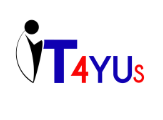

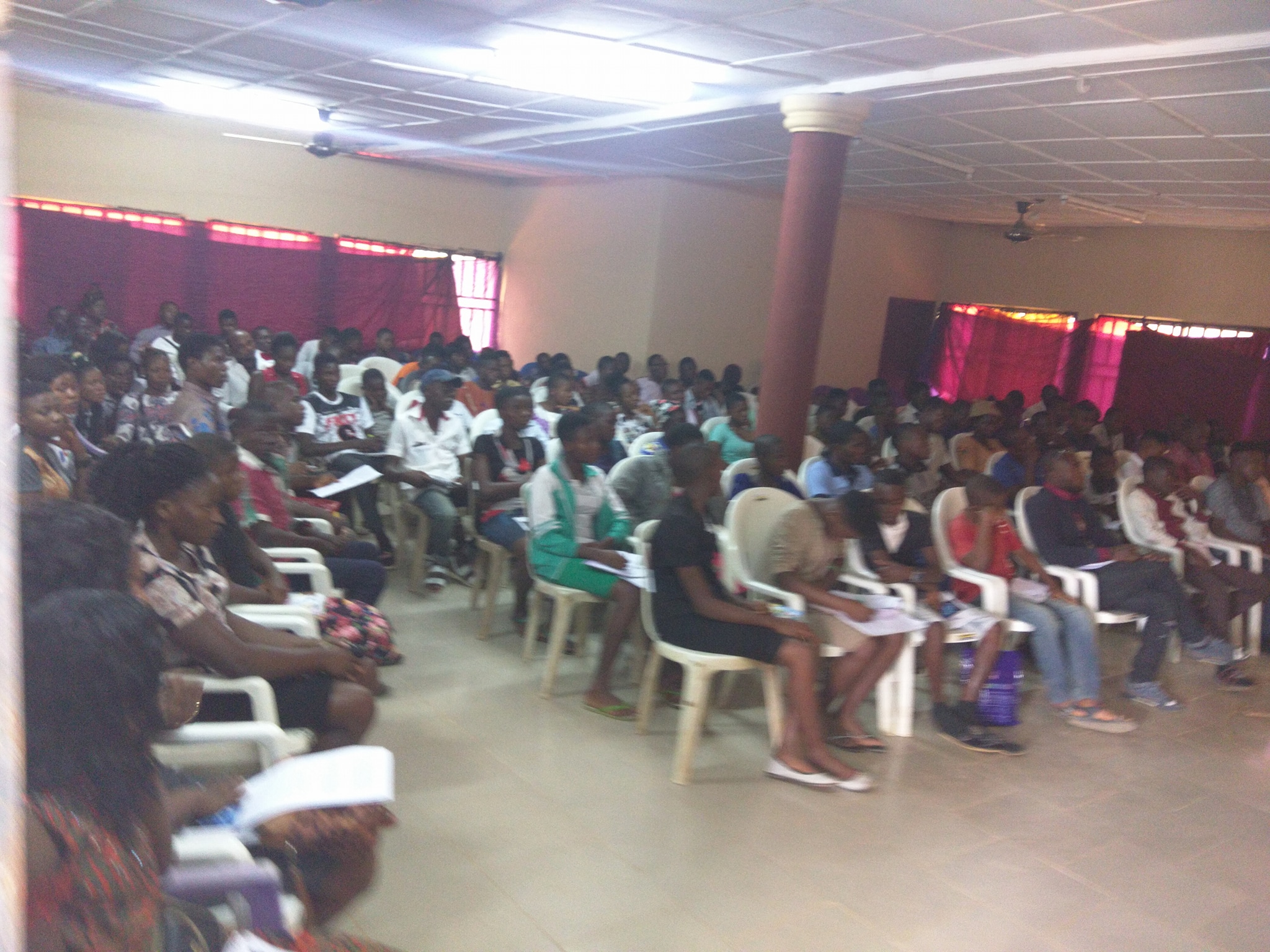
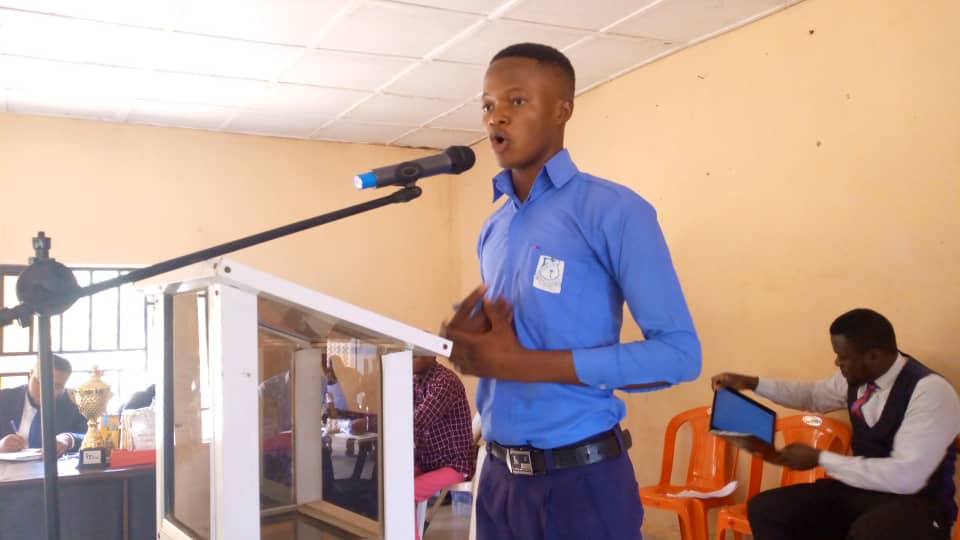
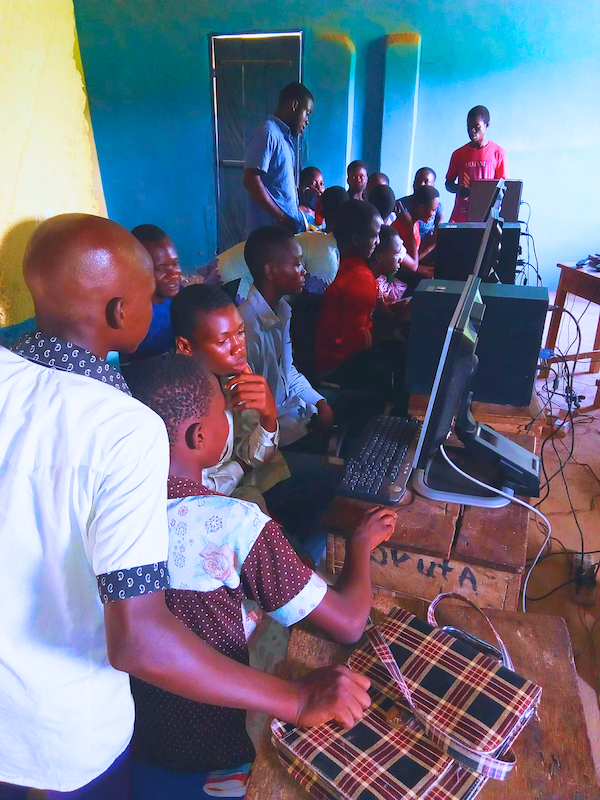
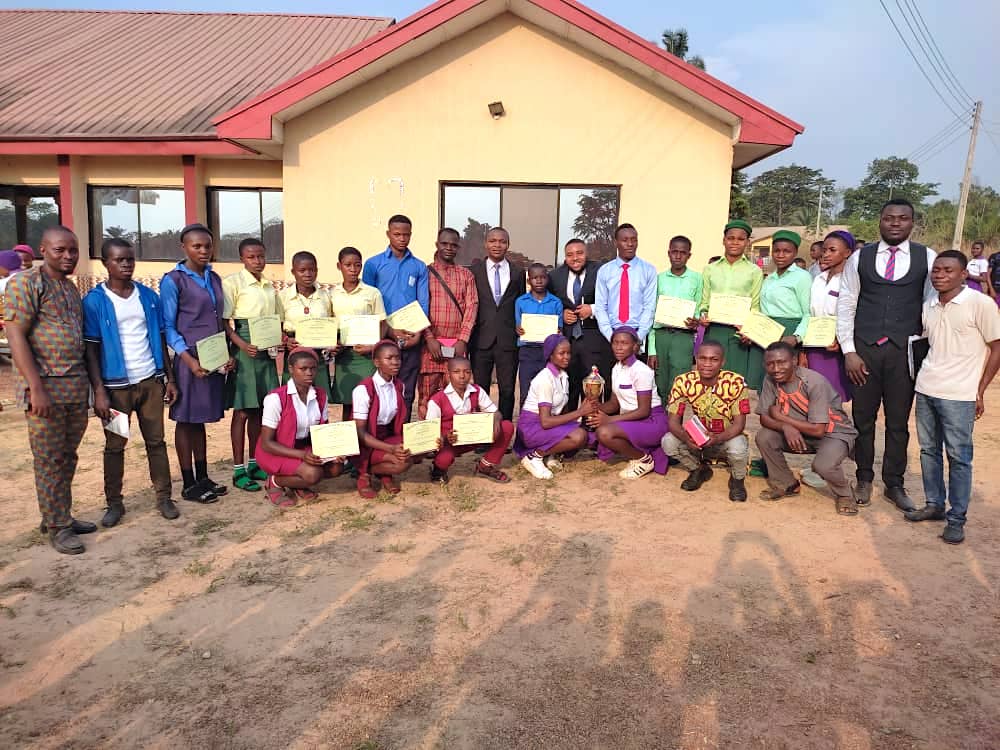
Am very happy with this history of oshiri, my lovely town. I will be interested to hear more about this town called oshiri. Thank you.
Thank you, Rosemary, will keep you posted on this topic .